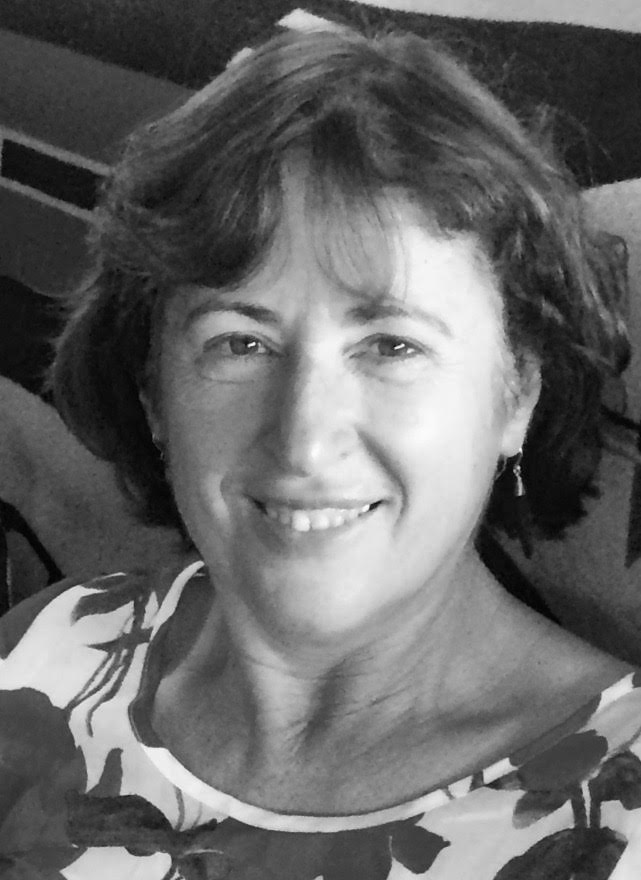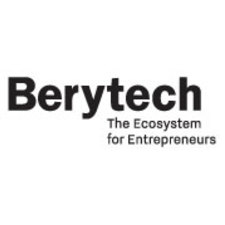Patents as Knowledge Instruments in the Innovation Economy

Patents as Knowledge Instruments in the Innovation Economy
'Patents as Knowledge Instruments in the Innovation Economy'
Join us on July 4, from 3-5 pm at Berytech Digital Park conference room to attend a Workshop with Osmat Azzam Jefferson.
The workshop will cover the historical premise of patents since 1474 to its current practice in the highly innovative economies. It will introduce Lens.org, a 16 year-old resource that hosts more than 100M patent records from 95 jurisdictions along with 32M scholarly work disclosed in patents and other metadata, and serves such knowledge as a free, open, private, and secure public platform.
Attendees are encouraged to familiarize themselves with the site and even try some queries in order to maximize the benefit from the workshop.
For more info please contact tsaleh@berytech.org
Places are limited!

More about Osmat Azzam Jefferson:
"I am interested in the power of making informative decisions to solve problems."
Earlier in her career (1980-1983), she assisted UNESCO researchers in Lebanon with studies related to the economic contribution of rural women to the household, the internal decision making processes on key family issues, and the impact of war on children and their livelihoods. These imperative experiences swayed her involvement in science-enabled tools to solve societal problems.
In her scientific or legal training and later her international work experiences, she helped in strengthening local research capabilities in several developing countries, and even developed agriculture-based disease management toolkits. With a better understanding of the complex innovation ecology, she then explored more disruptive and novel technologies in the biological innovation systems and how these can effect social and economic changes in various economies.
Her current professional interests include 1) how the evolution of biological innovation systems and the resulting knowledge artefacts have enabled/restricted delivery of public goods, and 2) how can we expose and enable transparent and accountable use and re-use of such artefacts to improve social and economic progress in national or global societies.
Since joining Cambia, a social enterprise, in 2005 and later Queensland University of Technology, in 2009, she has developed open public resources that foster cooperation, equal access to intellectual property information, in particular patents, and incorporated transparency metrics to navigate gene patents. she has also collaborated with other open and public institutes to render such information shareable. Nowadays, she lead the patent citations and biological projects that oversee the design and development of public tools in Lens.org .
The patent citations work is about to release new functionalities in the Lens, including a new application, PatCite, that will demonstrate through the use of open persistent identifiers how patent and scholarly works can be linked, analysed, and family networks explored to evaluate the influence of science and technology on industry. The already established patent sequence (PatSeq) facility links diverse patent-derived attributes with genetic sequence information and provides the public with unique explorative search and analytic multi leveled capabilities. With support from several patent offices around the globe, now, Lens.org serves the world's most comprehensive public patent sequence database.
To access her publications or get more information about these projects, please check her profile at https://www.lens.org/about/team-members/cambia/osmat-jefferson/ or http://staff.qut.edu.au/staff/jefferso/ or connect with her on https://www.linkedin.com/in/osmat-azzam-jefferson-72ba3711/
